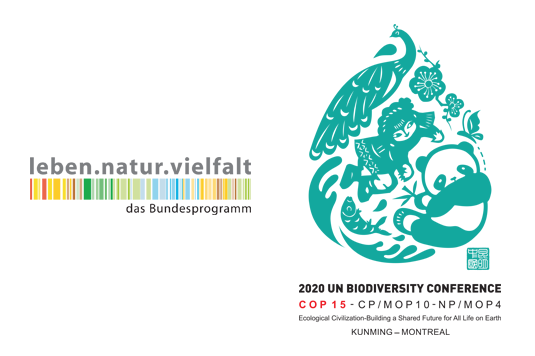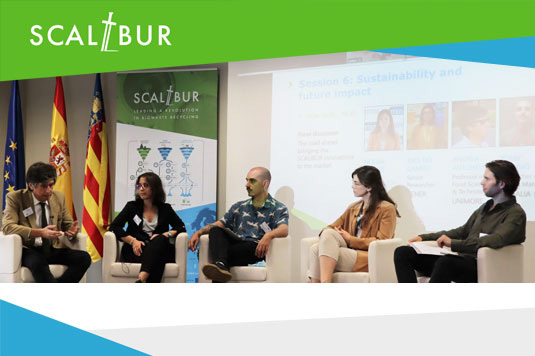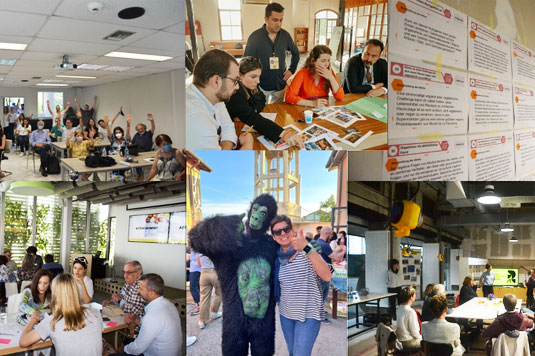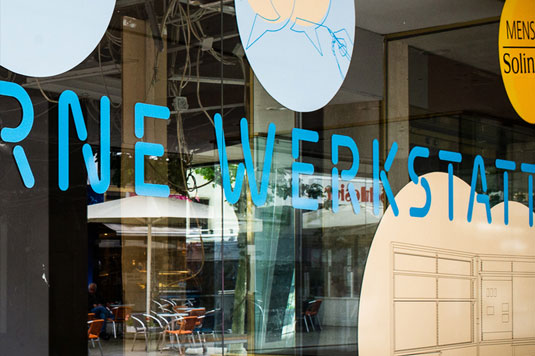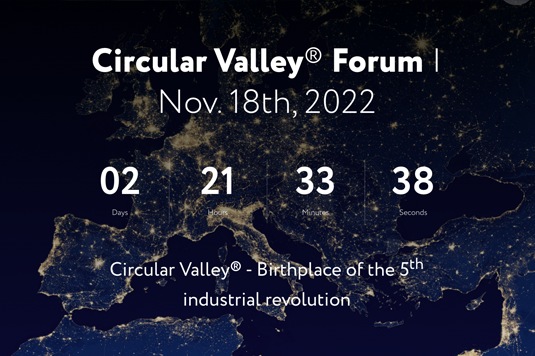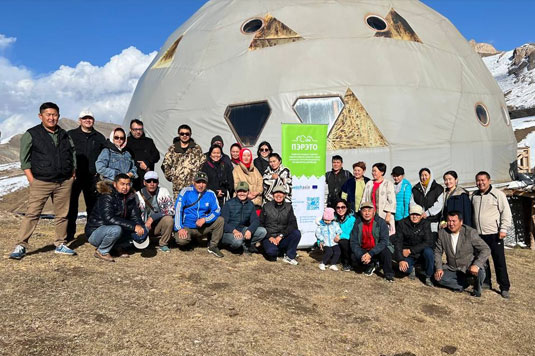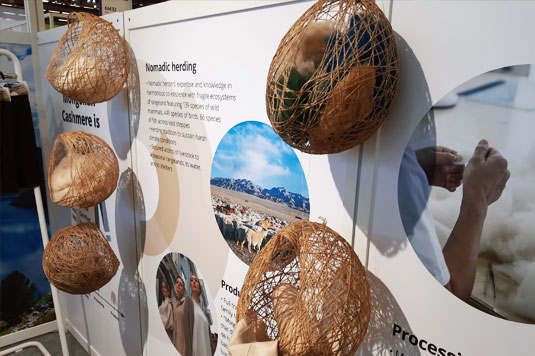
CSCP News | Posted December 13, 2022
Sustainable Cashmere: The Story of Mongolia
Based on traditional pastoralist livelihoods, the cashmere and wool sector is a key driver of the Mongolian economy and second only to the extractive industries. It is, however, facing challenges due to increased competition from foreign processors. In the past 4 years, our STeP EcoLab Mongolia project shared knowledge on social and environmental standards with Mongolian wool processors and cashmere herders. We supported them in implementing the newly-acquired practices as well as in communicating the value of sustainable Mongolian cashmere to European and global consumers. The journey started in 2018 with a comprehensive assessment of the Mongolian wool and cashmere […]
